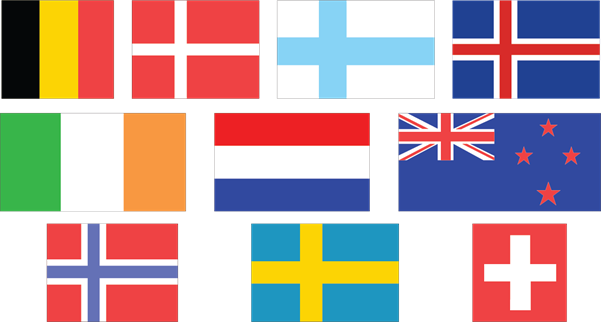If you had asked me five years ago if my instructional design work could be done by artificial intelligence, (AI), I would have said no. Now, I would say yes. The question has changed from can AI replace human workers to, should it?
The recent federal budget cuts the federal public service by adopting AI tools. Imagine at 65, you defer your OAS benefits because you are still working. Then your checks start arriving. Your local Service Canada is closed. The automated phone menu is a maze. Your online My Service Canada Account is equally confusing. You give up trapped between AI systems with no human help.
Giving up has financial implications for you as OAS benefits are taxable. However, the larger harm is psychological. Being at the mercy of AI algorithms is likely to produce stress and alienation, undermining your wellbeing and civic trust.
Canada needs long-term AI policies that keep pace with technology and protect humans. But under first-past-the-post (FPTP), parties chase short-term wins, ignoring future consequences. Even if the current government implements good policies, the next government may change it to align with their politics.
To harness AI safely and for the common good, we need policies that prioritize humans and lasting solutions. Electoral reform with proportional representation (PR) fosters collaboration and consensus, encouraging long-term policymaking that benefits everyone. Support electoral reform with PR. Visit FairVote.ca or CharterChallenge.ca to learn how.
35% votes = 35% seats—simple math, fair representation






